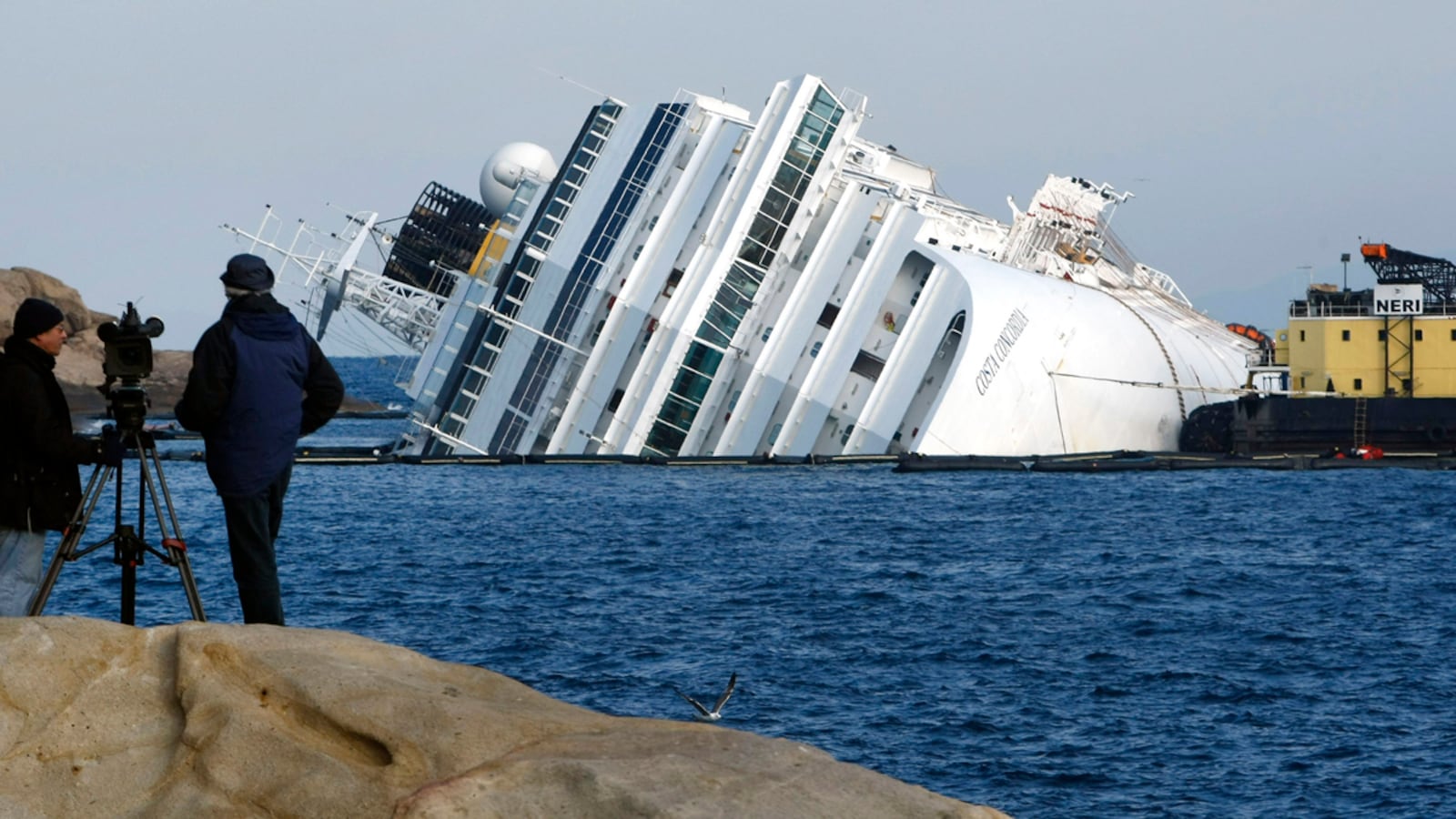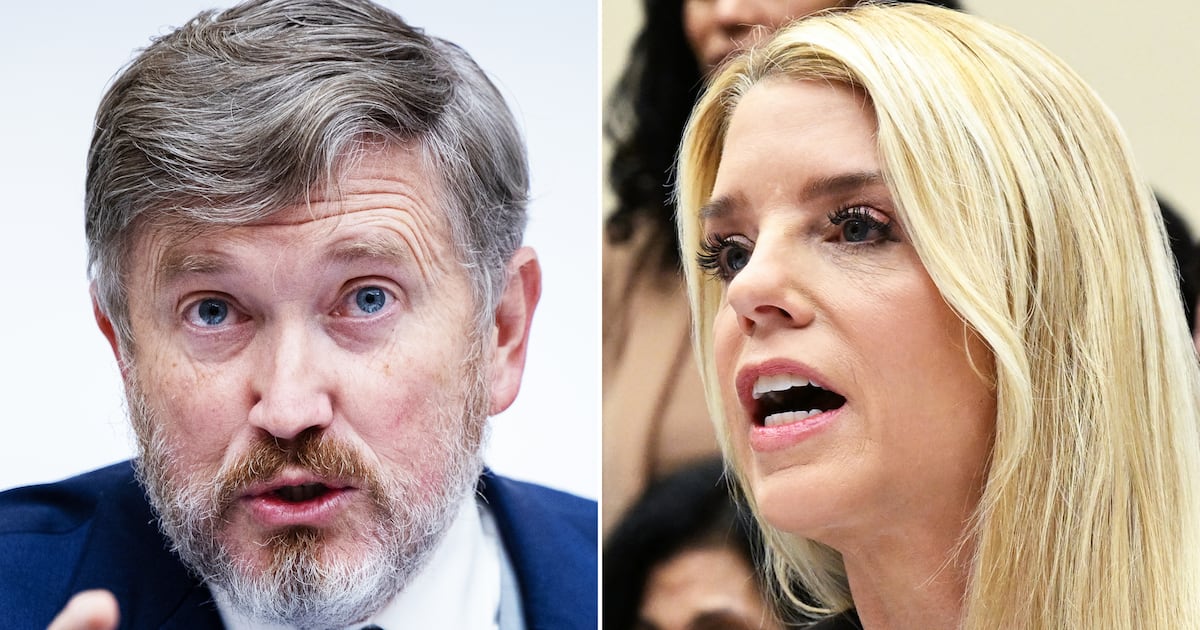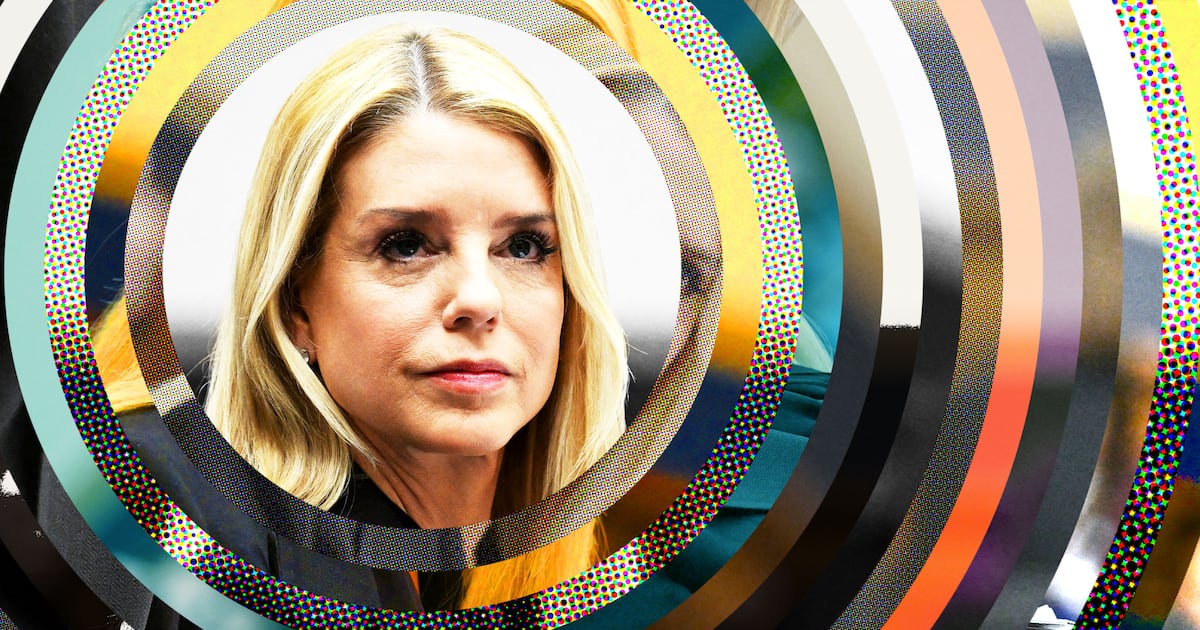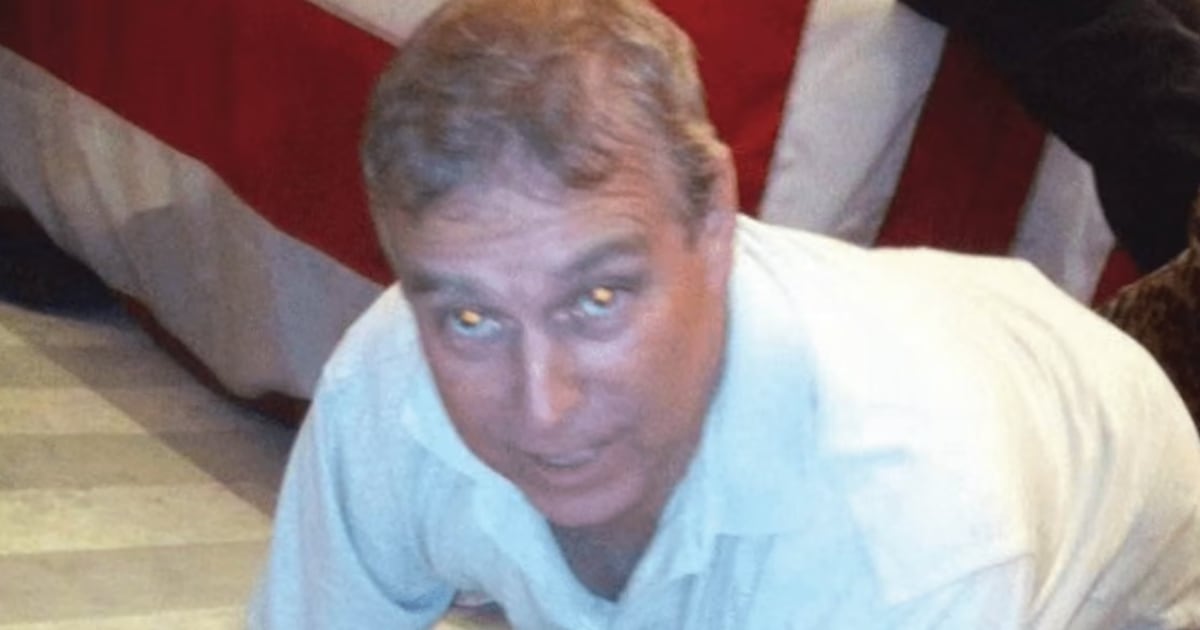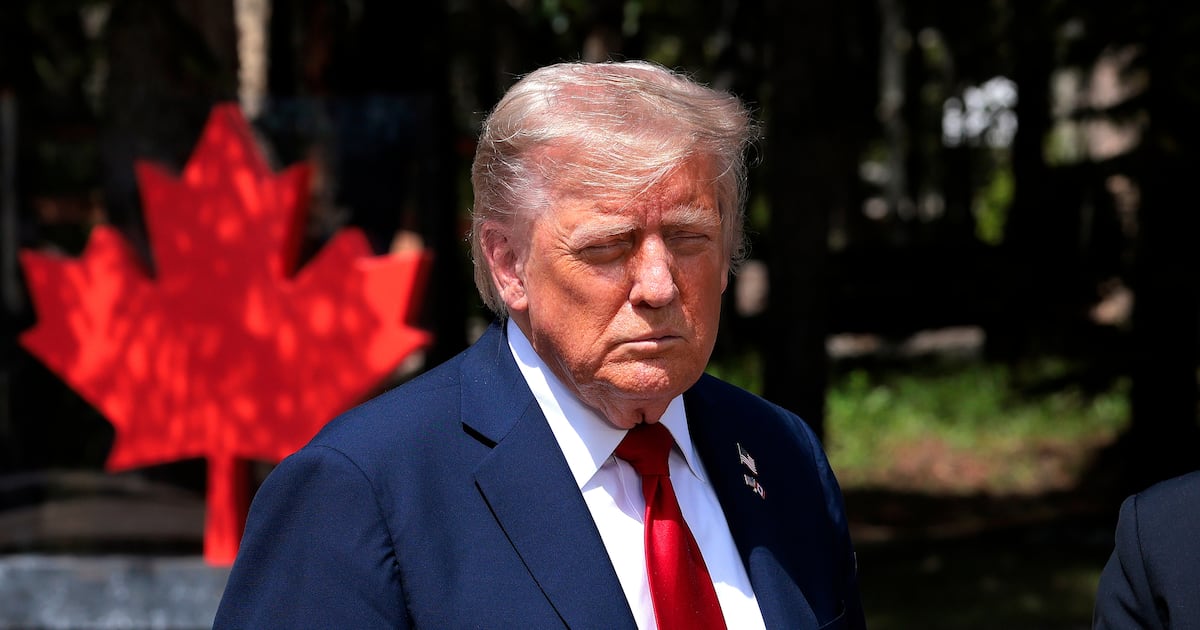The humiliating agreement by UBS, the Swiss banking goliath, to pay $1.5 billion in fines for rigging interest rates is the piece de resistance in a disastrous year for global banking and confirms the industry’s position atop a rogues’ gallery of 2012’s biggest scandals.

By coincidence, Northwestern University business school professor Daniel Diermeier had just completed his second annual list of “Top Ten Reputational Crises.” And it turned out that 2012 was another banner year for ethical and moral failings for industries, famous companies, and individuals.
“In global banking, five or six companies could have made it on their own,” he said, just before the Justice Department announced the UBS fines. “The whole industry had a rough year. And trust in financial services among the public is plummeting.”
Disarray in banking was the primary theme he discerned, with culprits including Bank of America, Deutsche Bank, HSBC, and Morgan Stanley. And there were some other obvious candidates. Wrecking a ship, it turns out, can be very bad for the image of a cruise company, as Carnival learned in the wake of Costa Concordia crash.
A second trend involved skullduggery and unethical behavior related to fairly complex matters of globalization and supply chains. They included the labor practices, such as illegal overtime and inadequate safety, tolerated by Apple and Foxconn, the giant Chinese manufacturer of electronics components. A related set of troubles in this general category involved Japanese firms doing business in China but hurt by territorial disputes between the two countries; with Toyota, alone, seeing a 50 percent drop in sales in China.
The third, and surprising, theme proved to be nonprofits. They included the Susan B. Komen Foundation’s initial decision to cut off most financial support to Planned Parenthood and the impact of Lance Armstrong being stripped of his Tour de France titles on Livestrong, the foundation he chaired. The BBC suffered significant reputational damage from the Jimmy Savile affair.
“There are tremendous reputational assets for nonprofits which must be vigilantly tended to just as is the case with for profits. The goodwill they have can be exhausted quickly,” said Diermeier, a professor of regulation and competitive practice at the Kellogg School of Management at Northwestern.
His top 10:
1. Global banking
2. Costa Concordia, the cruise ship
3. Apple and Foxconn
4. Walmart
5. Lance Armstrong and Livestrong
6. Susan G. Komen Foundation
7. Chick-fil-A
8. The BBC
9. Japanese companies in China
10. The NFL
Diermeier’s list follows a presidential campaign in which truth was often a victim, with each side knowingly attacking the other with claims they at times knew were at least highly exaggerated. But they did so figuring the downside was minimal, that negative advertising worked and that increasing media fact-checking had negligible impact on the general public. (Speaking of politics, one of the top 10 reputational crises hinged on a political stance taken by management. Chick-fil-A, the fried-chicken sandwich chain, caused controversy when senior management came out strongly against gay marriage.)
“But there’s a fundamental difference between political campaigns and corporate reputations,” he said. “In a campaign the only thing that matters is whether you get more votes. That is why negative campaigning works. In a polarized media landscape, even the aspect of fact-checking can be interpreted as ideological.”
“This doesn’t work in the corporate cases. The dynamic is quite different,” he said. The impact of deceit can be simple and profound.
Diermeier comes away from 2012 believing that more and more firms are genuinely worried about their reputations. And they are worried about their own organizational capacity to monitor or do much about unethical behavior, he said.
One arguably surprising member of his list is the National Football League. Why?
It’s not the embarrassing early-season use of replacement referees. Rather, the culprit is safety, notably the matter of head trauma and concussions linked to dementia and even suicides by former players. “What we have here is an example of a slow-burning crisis that remains unresolved and leads to repeated flare-ups, especially whenever another player tragedy hits the headlines,” he writes.
And while the NFL has, he concedes, responded decisively by donating $30 million to the National Institutes of Health for brain-related research and changing its own concussion policies, “at this point there is no solution to the problem. Maintaining the popularity of the game while making it safer will be a challenge for years to come.”

